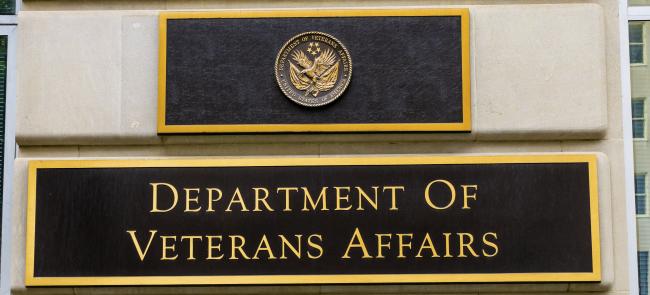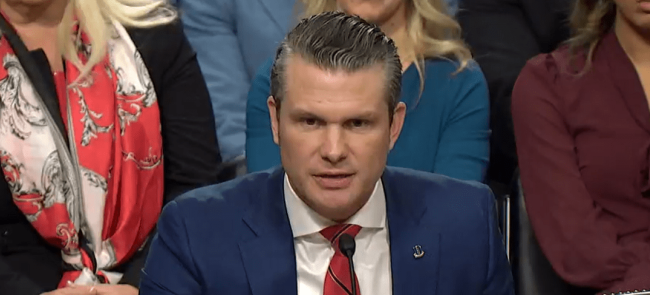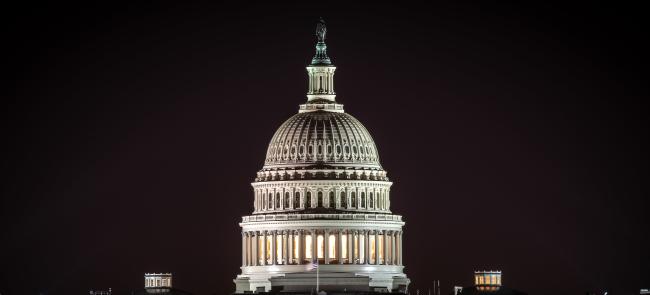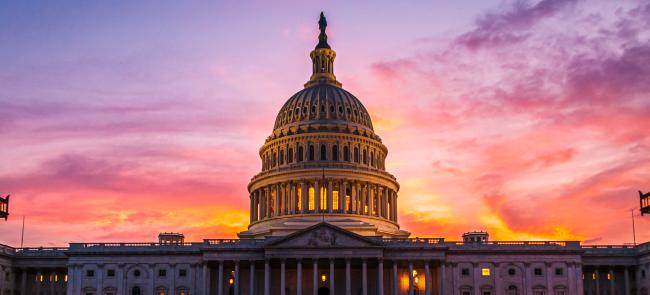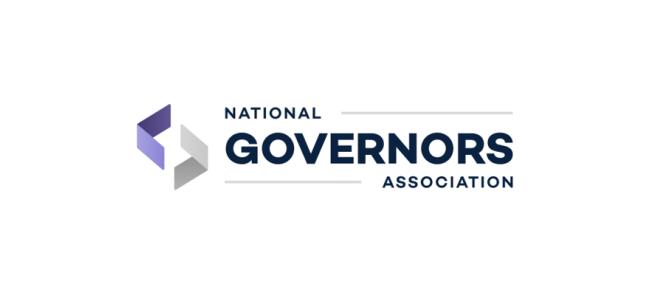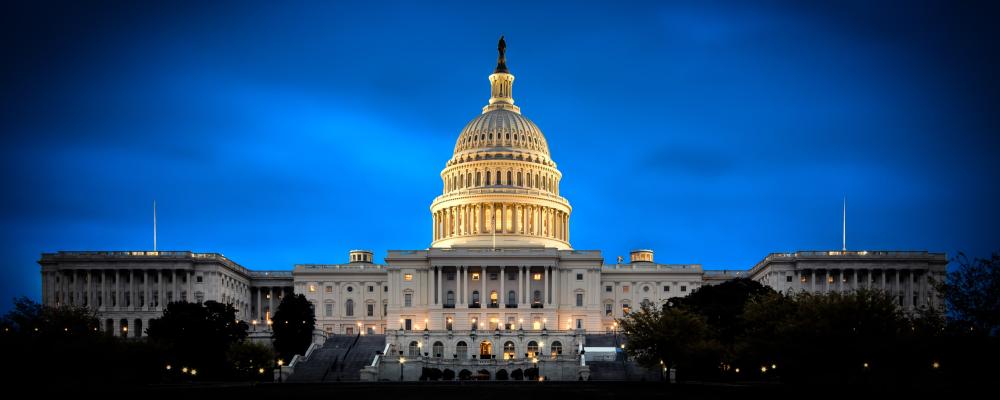
Congressional leaders announced Sunday that they had agreed on a bipartisan bill to fund government agencies through Dec. 20.
The House and Senate must each approve this continuing resolution by the end of fiscal 2024 on Sept. 30 to avoid a shutdown of the federal government.
CRs are temporary spending bills that allow federal government operations to continue when final appropriations have not been approved by Congress or the president.
This CR is a very narrow bill that maintains agency spending at fiscal 2024 levels for the next three months — a less-than-optimal situation for national security.
"Like most, my preference would be to pass full-year appropriations bills through regular order, but we are out of time," Rep. Tom Cole, R-Okla., the chairman of the House Appropriations Committee, said Monday.
"We cannot afford a shutdown, which would be greatly damaging to our national security, to critical government programs, and to the American people," he added, urging swift passage of the compromise CR.
Sen. Patty Murray, D-Wash., said in a Sunday press release that the CR was needed to "avert a needless and disastrous government shutdown."
Murray added that Congress must still address its full-year spending bills.
NGAUS strongly supports the CR.
"Absent full-year defense appropriations," said retired Maj. Gen. Francis M. McGinn, the association's president," this is the best way forward. We applaud Congress for moving quickly on this."
Congress not passing its spending bills through its normal appropriations process is not new.
The last time Congress passed all of its required appropriations measures before its deadline was 1997, the Pew Research Center reported Sept. 13.
Congress not functioning on regular order has serious implications for the readiness of service members and the quality of life they experience.
"Funding the government at last year’s rate diminishes national security and the capabilities of the uniformed services (both Regular and Reserve Components) by hurting readiness, modernization, and quality-of-life programs," NGAUS argued in an Aug. 29 letter with five like-minded organizations to congressional leaders.
While Congress passed — and President Joe Biden signed — a $3 billion supplemental bill last week ensuring the Department of Veterans Affairs has the funds to pay veterans’ benefits without delay, the CR does not address a greater budget dilemma for the agency.
The VA asserts it is facing a $12 billion shortfall for fiscal 2025.
Some lawmakers have expressed unwillingness to approve such a large sum without first obtaining more information about the reasons behind the VA's substantial funding gap.
With November's 2024 presidential election fast approaching, it is unlikely Congress will act on appropriations bills, the National Defense Authorization Act or its pending non-civilian nominations beforehand.
A full summary of the CR's details is available here.
— By Jennifer Hickey

